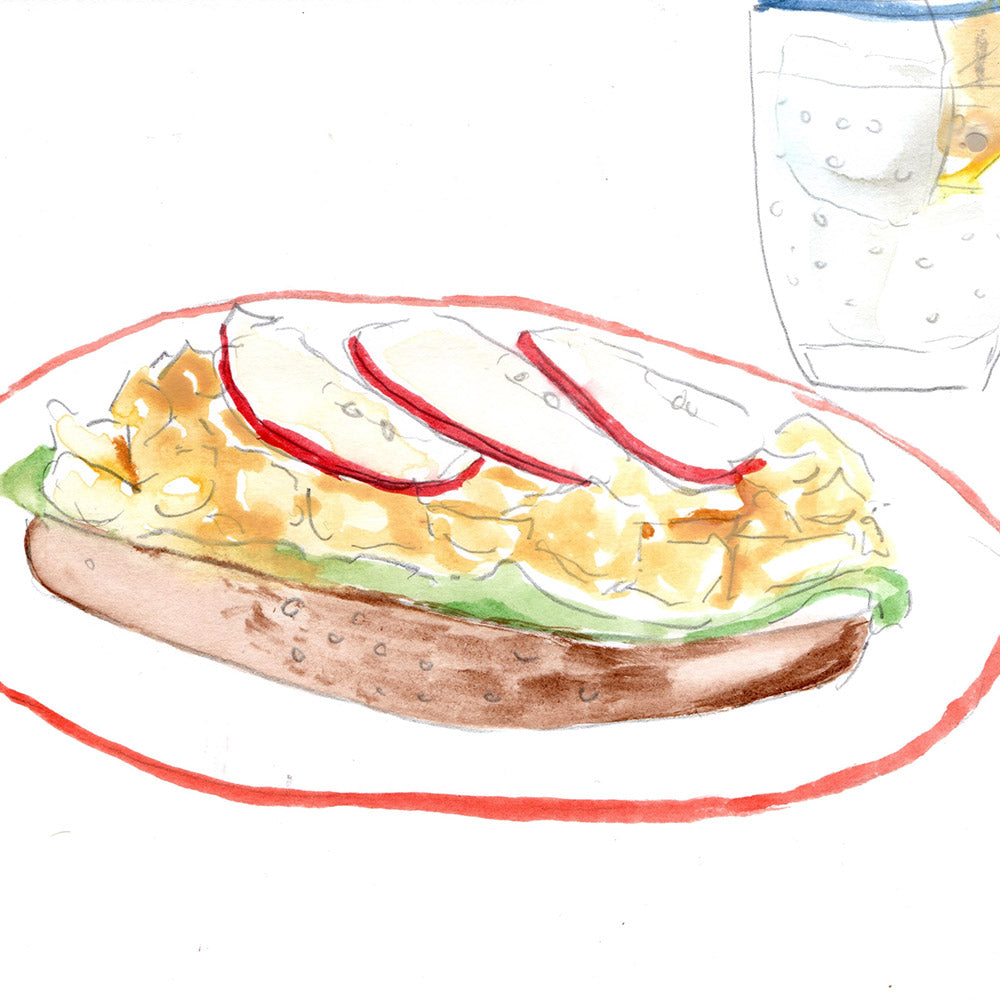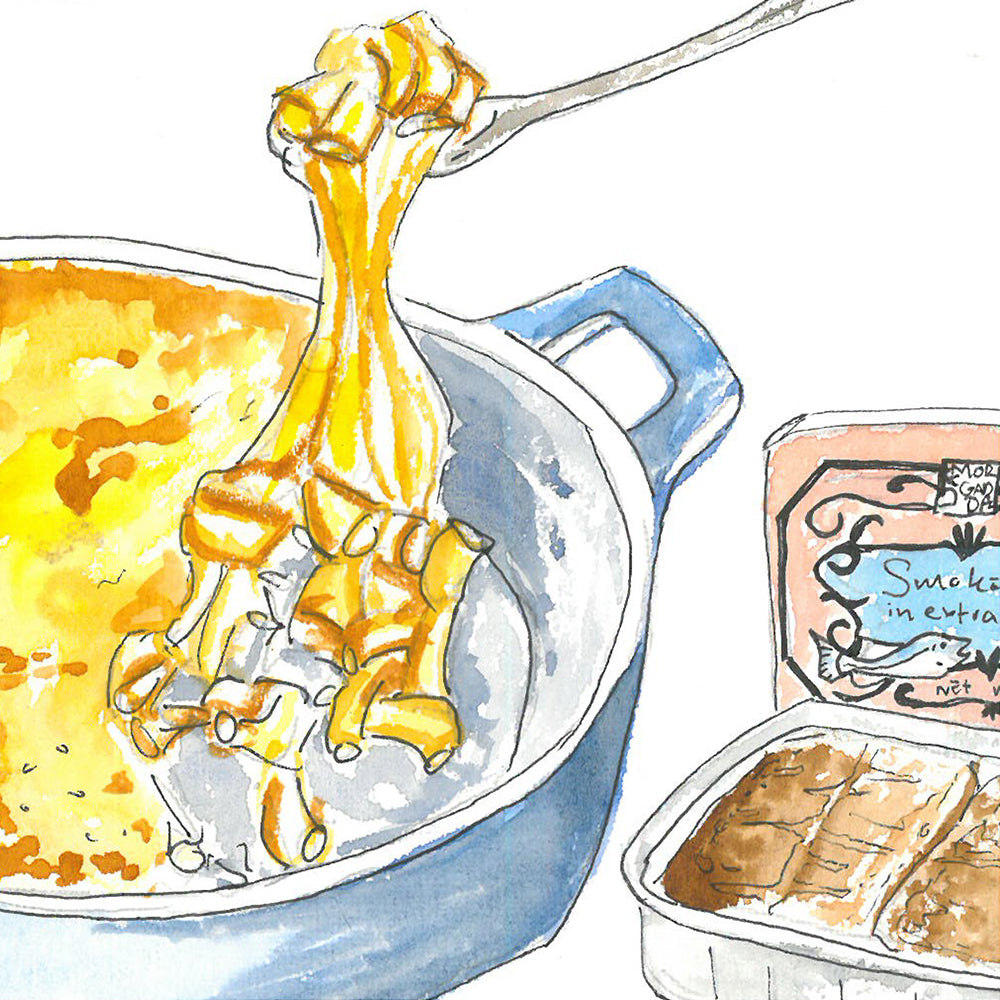Weary feet have long been conducive to incredible thought.
The impact of diverse cultures on the Caribbean cannot be stressed enough. It is estimated that at the height of colonization, some five million enslaved Africans were taken from their homes on the continent and supplanted into the widespread plantation systems that once acted as the revenue stream for Western European powers. But upon slavery’s abolishment in the mid-nineteenth century, these enslaved people were given two options - return to work on the plantations, with marginally better circumstances and a stipend that was fractionally larger than naught, or leave the plantations altogether and look for work in new enterprises, the kind that paid relatively well and treated people with the minimum amount of dignity. Needless to say, a vast number of freed people chose the latter, causing the Western European powers to be faced with a dilemma – How do you replace a steadily depleting workforce, whilst holding onto the majority of your profits? The Western powers thought hard, and looking overseas, found their answer in a new form of servitude. One which looked, for all intents and purposes, fervently against slavery, but in reality was the same inhumane labor packaged under another name.
One of the many countries in which these powers found their labor was China. And the name they gave their workforce, ‘indentured laborers.’
The migration of Chinese people to the Caribbean was expansive, with large numbers settling in French Guyana, Trinidad and Tobago, and even Jamaica. And although the influence of Chinese culture on the former two countries is undoubted, the impact that Chinese people have had on Jamaica is perhaps the most apparent of all.
The emergence of a Chinese – Jamaican community in Jamaica dates back to the 1850s when a population of Hakka Chinese moved to the island as indentured laborers. By the mid-twentieth century, more than half the population of the Hakka Chinese were born local and had cemented themselves in Jamaican communities through entrepreneurial exploits that ranged from ice cream parlors to grocery stores and betting agencies. The sport of entrepreneurialism within the Chinese – Jamaican community was so spirited that all it took was one good idea to transform a host of hard-working second-generation citizens into the proverbial springboard that would propel the nation's favorite music for years to come.
Two such characters destined for bigger things were Randy and Patricia Chin.
In the 1950s, Randy Chin was responsible for stocking and maintaining jukeboxes in some of the most popular bars and clubs across Jamaica. He worked long hours, rushing from one destination to the next, and after a long day, hazy-headed and weary-footed, Randy would find solace in his collection of records, items he’d taken home, having swapped the old jukebox vinyl for the new. This cycle of taking, replacing, taking, replacing, resting, listening and beginning again, went on for so long that one day, Randy’s wife, Patricia, found their record collection to be eclipsing entire portions of their house.
Struck with the notion that this couldn’t last, and armed with the kind of intuition that’s regularly found only in seasoned entrepreneurs, Patricia voiced an idea: Why not open their own record store? Take the vinyl they had at hand and build something entirely new.
When Patricia mentioned the idea to Randy, he grabbed at it with both hands.
The couple took to their fresh enterprise with fevered enthusiasm, making a name for themselves as some of the first producers to record local talent, accomplishing the feat in a makeshift studio they’d built atop their new record store, suitably named, Randy’s Records. And for twenty years, from 1958 to 1977, Patricia Chin worked the counter at Randy’s Records, taking the dubplates that had been pressed upstairs and playing them for discerning customers down below, listening to their thoughts and judging what to produce next based upon the feedback she’d received, always focusing on the latest trends and exciting new sounds.
Needless to say, the Chin’s business flourished, producing such reggae legends as Bob Marley, Bunny Wailer, Dennis Brown, Gregory Isaacs and Israel Vibration. And although the Chin’s impact on the reggae soundscape we know today cannot be denied, they weren’t the only Chinese – Jamaican businesspeople to become involved in the industry and make it big.
Of those who became involved in the music industry, impassioned by Jamaica’s unique sound, some names have not gotten the recognition they deserve. They include Leslie Kong, who has the distinction of being the first Jamaican to achieve international hits, as well as producing the first popular song to mention the word reggae in its title, with The Maytals single, ‘Do the Reggay.’ - before the records release, the word ‘reggae’ had only been used to define a passing dance trend in Jamaica, but with the song’s connection to the world of music itself, and the style that developed from it, the word ‘reggae’ soon became synonymous with the sound it sought to represent. And much like the Chins, Leslie Kong was also from humble beginnings. Originally making ends meet working at a family restaurant he owned with his two brothers called ‘Beverly’s Restaurant,’ Leslie Kong stepped into the world of music almost by accident. When one day, a young man approached him with the possibility of a sponsorship. The young man, known then as James Chambers, proposed to write a song for the restaurant called ‘Dearest Beverly’ and in return, he would ask only that Kong would sponsor his ambitions. Well, when Leslie Kong heard what the boy had to offer, he quickly made strides, starting his own record label, known later as, ‘Beverly’s,’ and his first order of business? Changing the boy’s name to Jimmy Cliff and building his illustrious career for decades to follow.
Leslie Kong would sadly pass away before fully achieving the pinnacle of his promise. But there are those who have left their lasting mark on the world of reggae well into the twenty-first century, such as Bryon Lee, and his brother, Neville Lee. The former accredited with introducing the electric bass to Jamaican sounds – interestingly enough, his fondness for the instrument did not actually stem from the sound it made, but because it was easier to carry from gig to gig than the double bass ever was – and the latter, responsible for being one of the biggest distributors of reggae music worldwide with his company ‘Sonic Sounds.’
Weary feet have always been conducive to great thought, and while many may believe that cultures different to their own are written in the most permanent of ink, and decided upon centuries before their time, the truth is that with a little bit of compassion and the willingness to learn, we can all achieve great things together.
Chinese Influence on Jamaican Reggae
When Patricia mentioned the idea to Randy, he grabbed at it with both hands.


